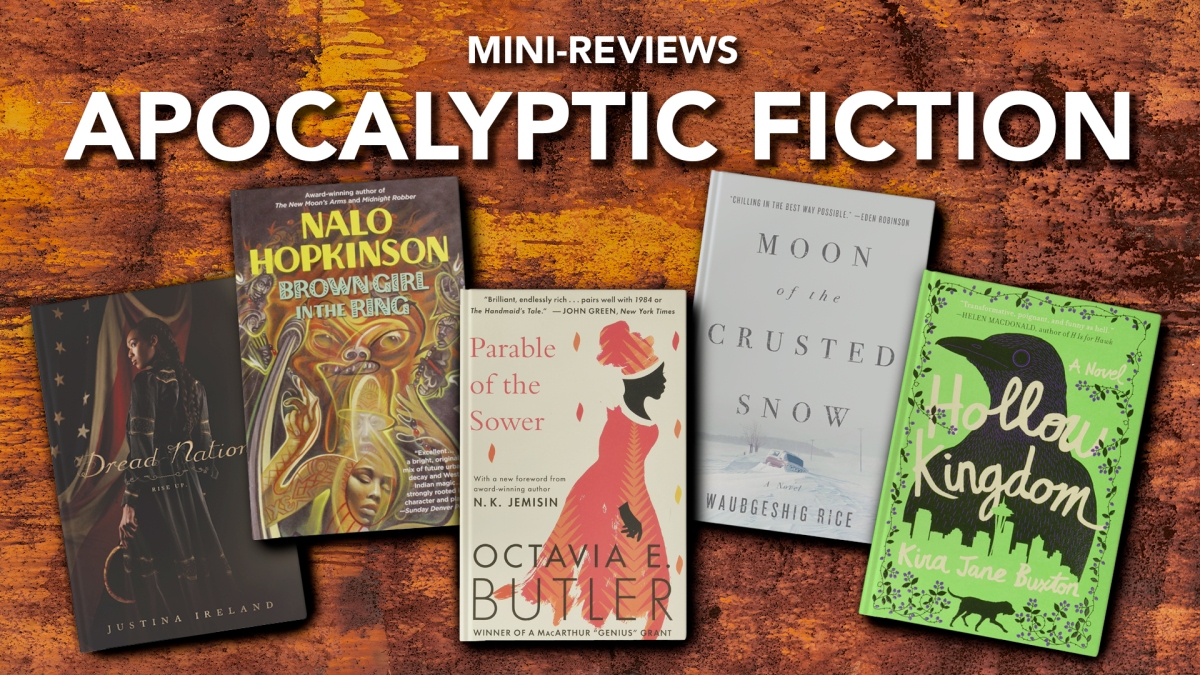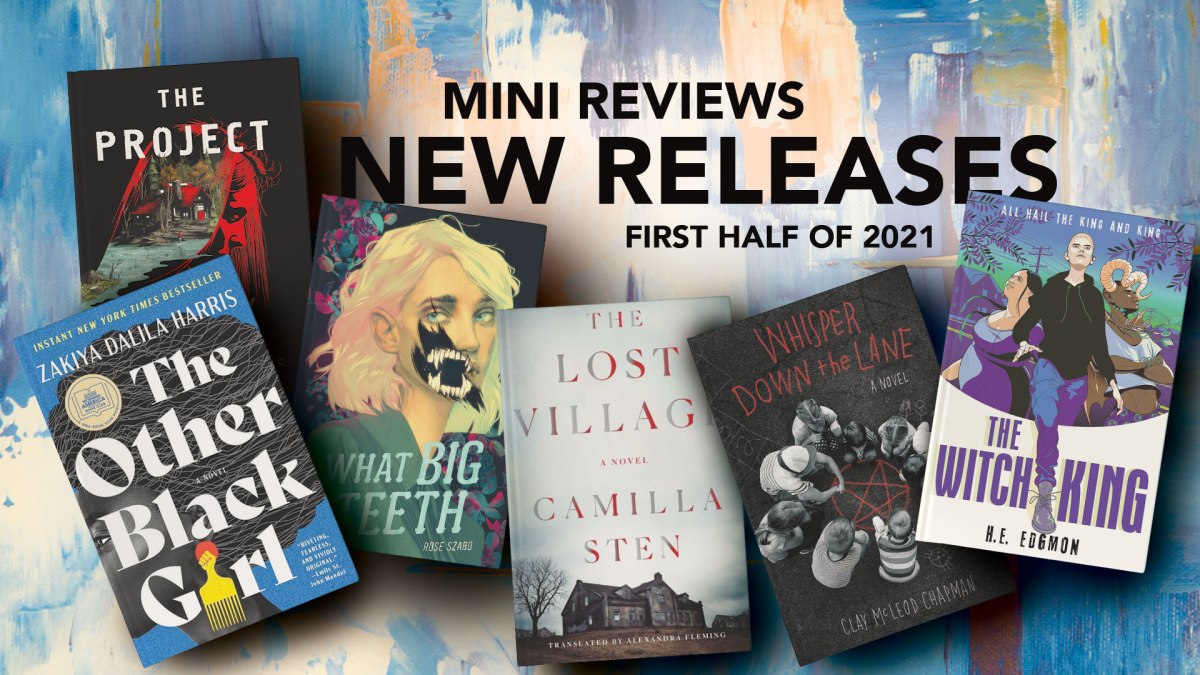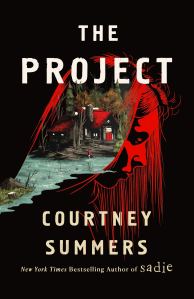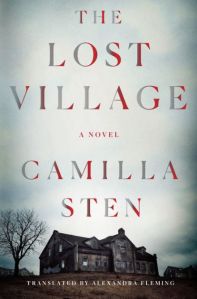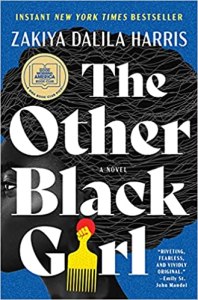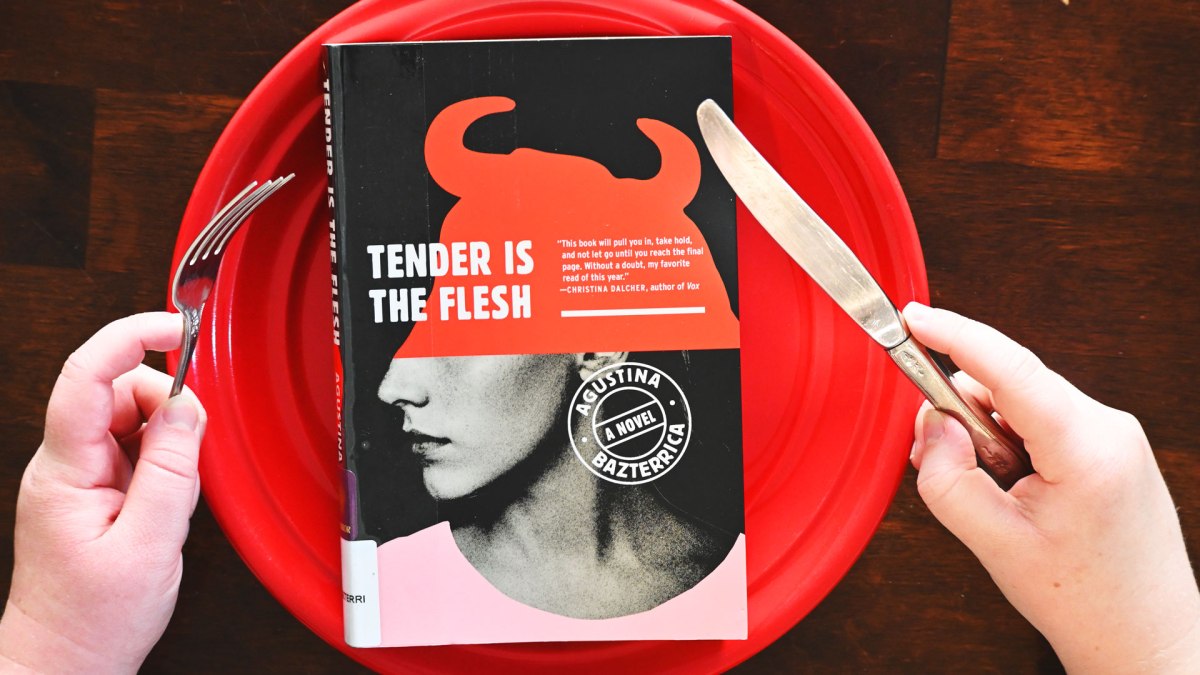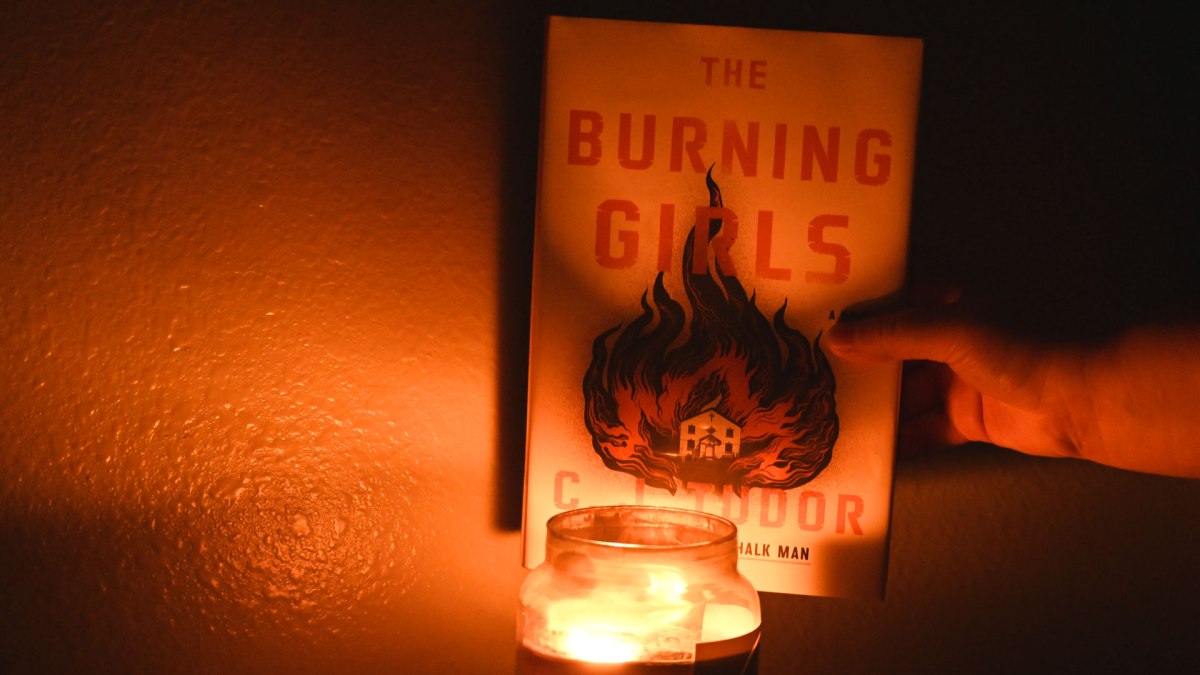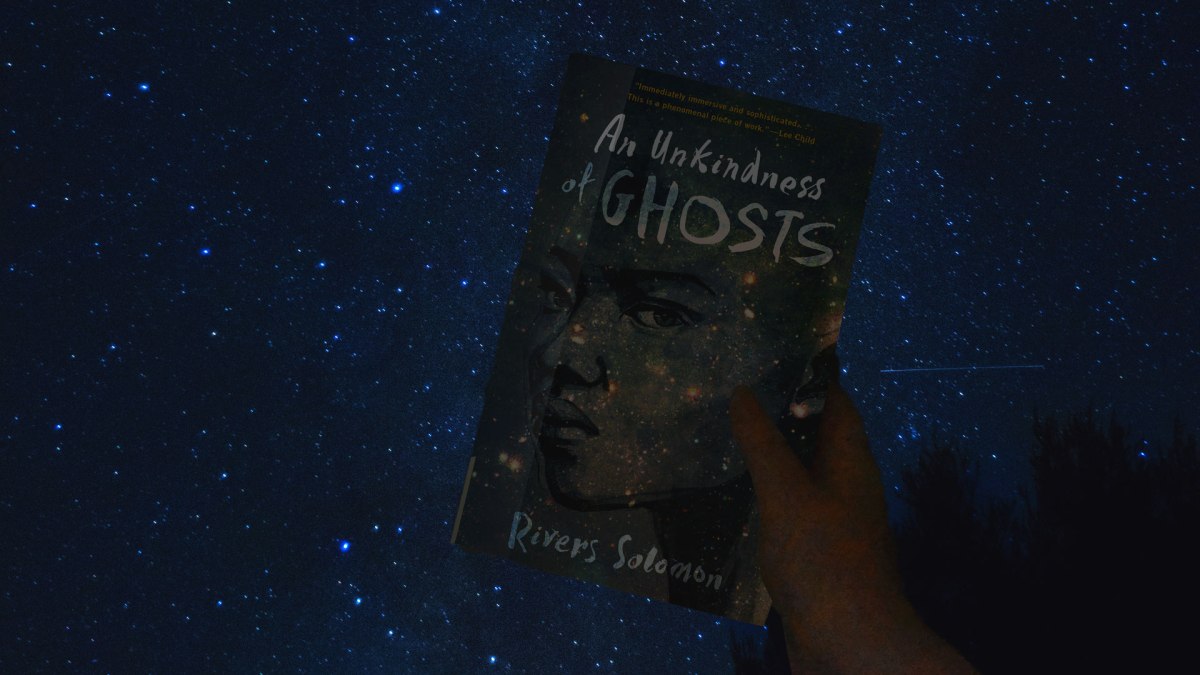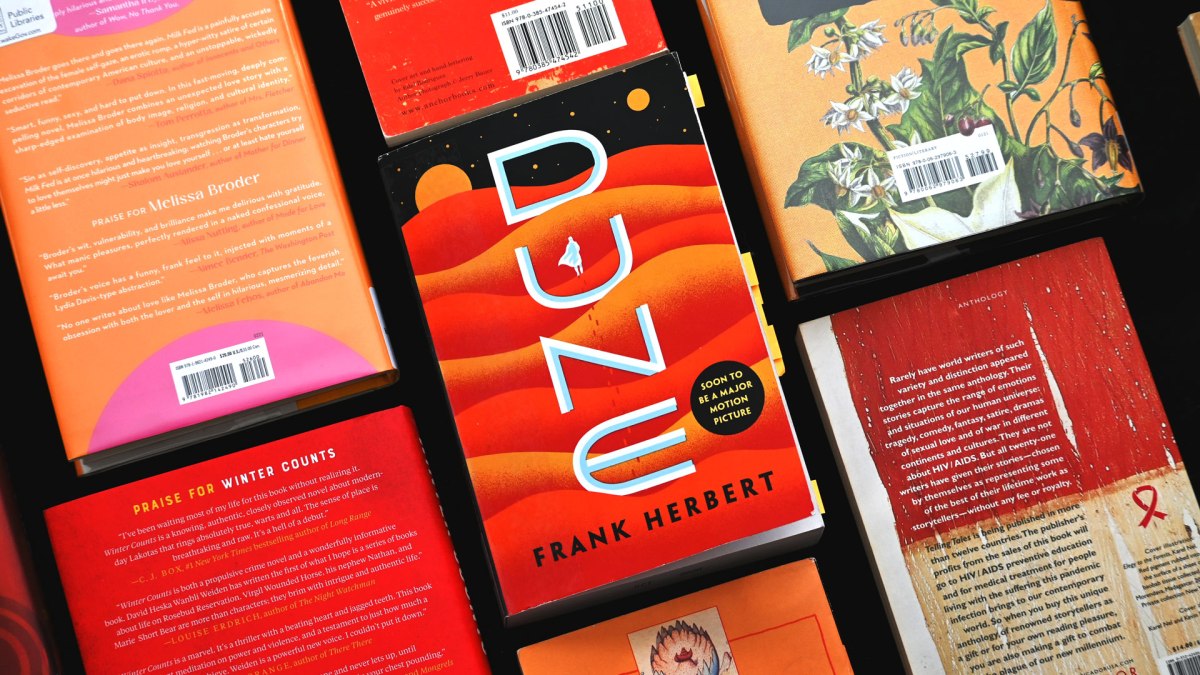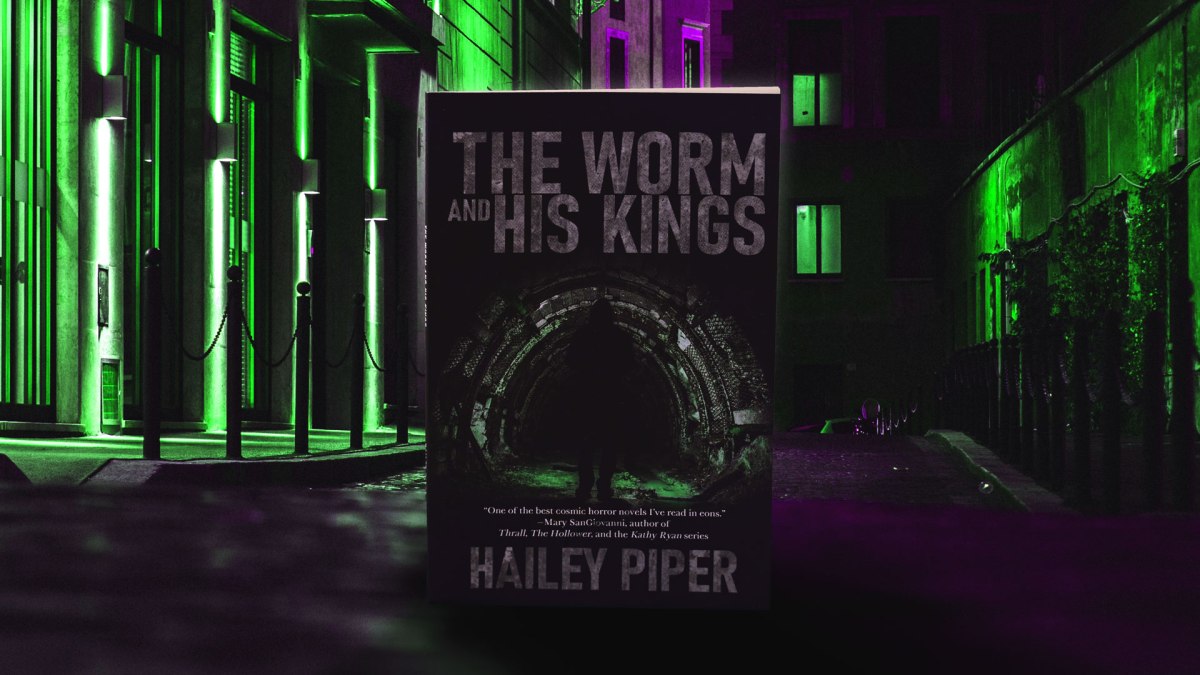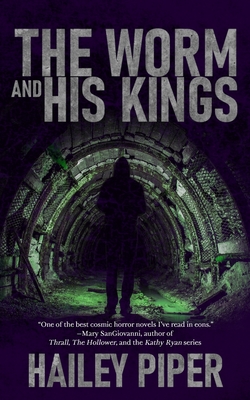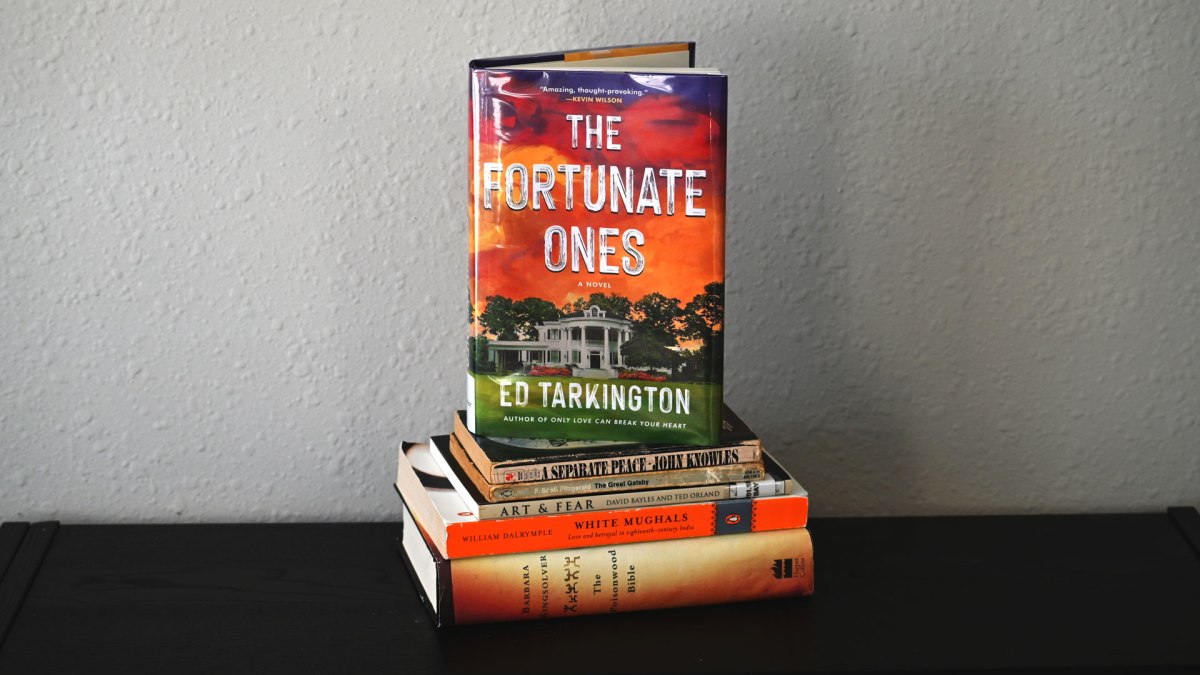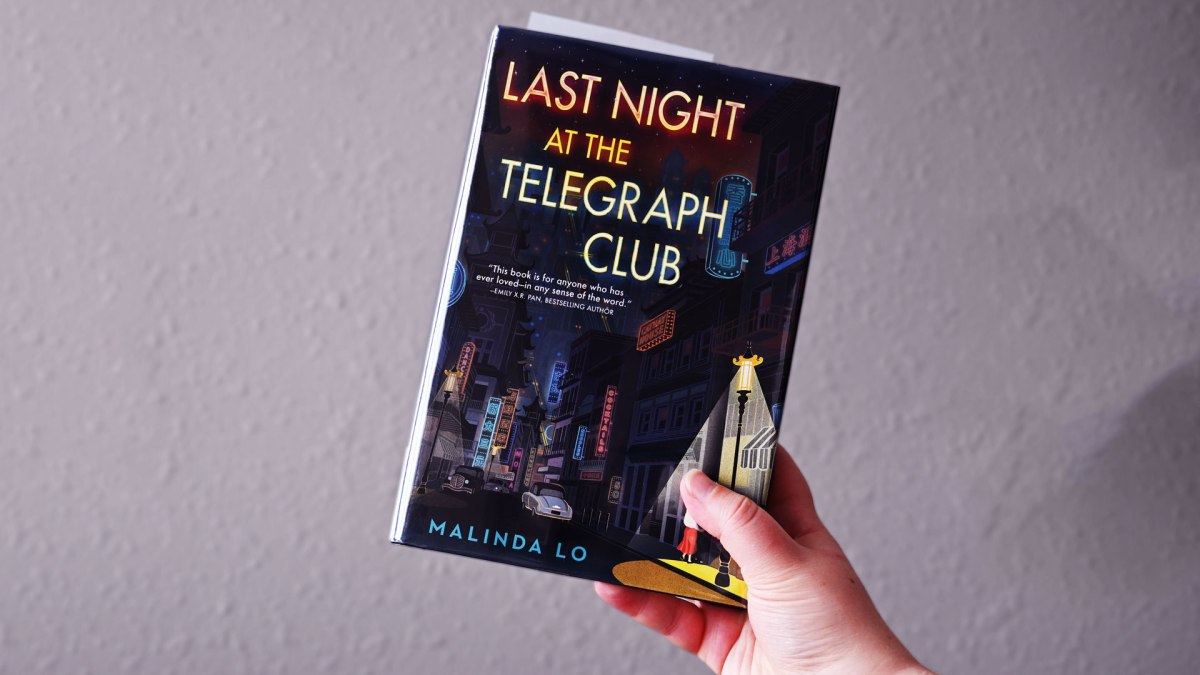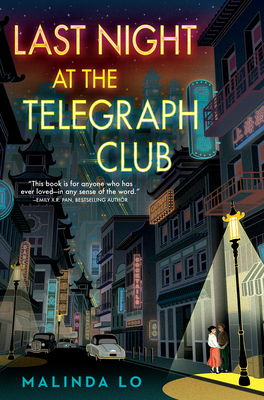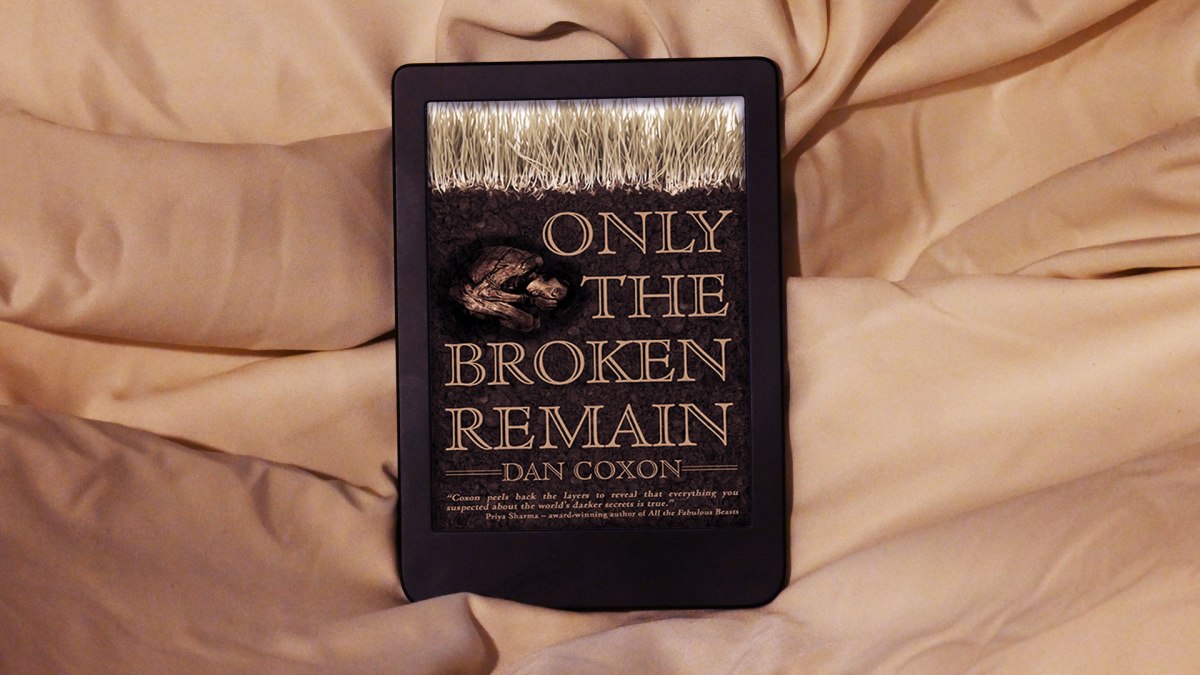I have been in a horrific review slump since June. Maybe longer than that. I’ve got a huge backlog of books that I haven’t written reviews for, and it’s holding me back. Every time I think I should just push forward and forget about the books I’ve read in the past, I feel like I’m holding myself back because I feel the responsibility to go back and review all those books. So, for the next few months, I’ll be posting a mini review round-up every Tuesday until I’m all caught up, and then I’ll hopefully be back in the swing of things! This week I’ll be reviewing five apocalypse books.

Dread Nation by Justina Ireland
Jane McKeene has been trained from childhood to hunt Shamblers, folks who have died and risen from the grave. But something is afoot in Baltimore, and even though all Jane wants to do is return to her mother’s home in Kentucky, she can’t help digging in to the mystery.
I’ll admit I didn’t have high hopes for this book. I’m not a big fan of zombies or YA or historical fiction, But I decided to give this a shot on audiobook and I actually did enjoy it! It was a little slow and not as much of a page-turner as you might expect from a zombie book, and it really felt like the first half and the second half were completely different from each other. At another time I might have been more annoyed by this, but in this case it didn’t bother me too much.
I think what I enjoyed with this book was the worldbuilding and characters. I think the late 1800’s is my sweet spot with historical fantasy, having read The Conductors earlier this year and enjoyed it as well (also, I do like 19th century fiction). I just love the technology that is around, because it’s not medieval but it’s not so advanced that it doesn’t feel historical. I really liked Jane as a character and her relationship with her friend Katherine, which developed over the course of the book and was a great payoff. Perhaps the clearest sign that I enjoyed this book, I was highly tempted to pick up the sequel right away, which I pretty much never do.

Brown Girl in the Ring by Nalo Hopkinson
The only people left in near-future Toronto are the poor. Money no longer has value for them; they have rediscovered bartering, farming, herbal medicine. Outside of the city, though, the rich play their own political games—and they’re about to turn to the inner city for their human organ needs.
Brown Girl in the Ring has been on my radar for a very long time, but I have to admit that I didn’t really know anything about it when I started it. I don’t even remember if I knew it was apocalyptic. I certainly had no idea that it was based on Caribbean folklore (thankfully I already had a general idea of some of the folklore, or I may have been more lost). It just happened to find its way onto my audiobook TBR and I picked it up to give it a go. Although the pacing was a little strange (it felt very 90’s), I did end up enjoying it. It was really interesting to me to see a near-future apocalypse, where the collapse of society is due to its inevitable decline rather than a big world-ending event. It felt so realistic which is where the true horror in this book comes from. Although this won’t be everyone’s cup of tea, I did like it well enough and would be interested in reading more from Hopkinson.

Parable of the Sower by Octavia Butler
Lauren Olamina lives with her family in a walled-in subdivision in the remnants of Los Angeles. The world outside their walls has devolved into general anarchy, where fire-loving drug addicts and gangs roam the streets. Money is scarce to come by, and few people have legitimate jobs; people have turned to growing their own food and utilizing the barter system to get by. As her father tries to keep their community together, Lauren deals with hyperempathy and records her thoughts about a new religion in her notebook.
Parable of the Sower was published before Brown Girl in the Ring, so my apologies to Octavia Butler for thinking the former resembles the latter when the opposite is true, but that’s the order I read them in. Really, though, they could practically take place in the same universe—the similarities are striking. It was happenstance that I read them so close together, since Parable of the Sower was one of my book club reads, but I’m really glad I did. It was really cool (and by cool I mean absolutely fucking terrifying) to see two authors come to the same conclusion about where we’re heading as a society!
This was a pretty slow-going book, and a pivotal event listed in most blurbs doesn’t actually happen until halfway through. Even though it’s a medium-sized book, it felt really long to me, and I’m not sure if I’d have finished it without a book club deadline to keep me going. However, I think it was really effective as apocalyptic horror because it really made me think about what I’d do if I were to find myself in the same situation. Could I feed myself? Keep myself and my family safe? I live in an apartment, so no. But I think that’s really the mark of great apocalyptic fiction, because it means that the setting was so realistic that you feel like it could happen.

Moon of the Crusted Snow by Waubgeshig Rice
The power is out—again. At first, no one thinks anything is amiss. Then two young people manage to find their way back to their Anishinaabe community, speaking of chaos in the south, where society is collapsing following the loss of power. In the face of mounting catastrophe and unexpected visitors, Evan and his community turn to Anishinaabe tradition to survive.
This was such a wonderful little book and totally got me in the mood for winter. Rice’s love for his community and traditions really shines through this novel, and even when the plot seemed completely bleak that love kept me moving forward. Like The Parable of the Sower, this book really made me think about what I would do in an apocalypse, so it was really thought-provoking in that way. I also really loved the balance between suspense/horror and a more quiet, subdued feeling. The title and season of the book was perfectly portrayed through the writing style which made this so successful in my eyes.
I am bummed that it was so short—I blew through this audiobook in just two days, and that’s probably just because I started it toward the end of the work day on the first day. I am super excited for the sequel that is tentatively scheduled for 2022, and I’m so glad that the story isn’t over.

Hollow Kingdom by Kira Jane Buxton
S.T. is a domestic crow on a mission: to find a cure for his owner, Big Jim, whose eyeball has fallen out and seems to have succumbed to the disease affecting all of humanity. Along with Big Jim’s dog Dennis, S.T. will traverse Seattle and learn how to bridge the gap between animals and the human culture he loves so much.
This was a quick-witted and unique take on the zombie apocalypse. As a kid, I was a big fan of animal-centered fantasy like Redwall and Warriors, so this was right up my alley, and I was thrilled to discover the ecological bent to the story. I did struggle a bit with the pacing, since S.T. is fairly directionless for a large portion of the novel, and Buxton fell back on a technology-is-evil messaging that frustrated me. However, the character development was top notch and I had a great time with this book from beginning to end. Although I won’t pick it up right away, I am looking forward to the sequel, Feral Creatures.
